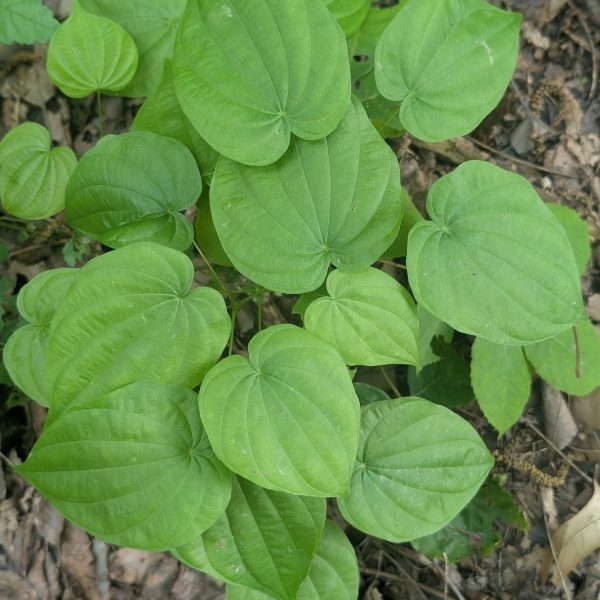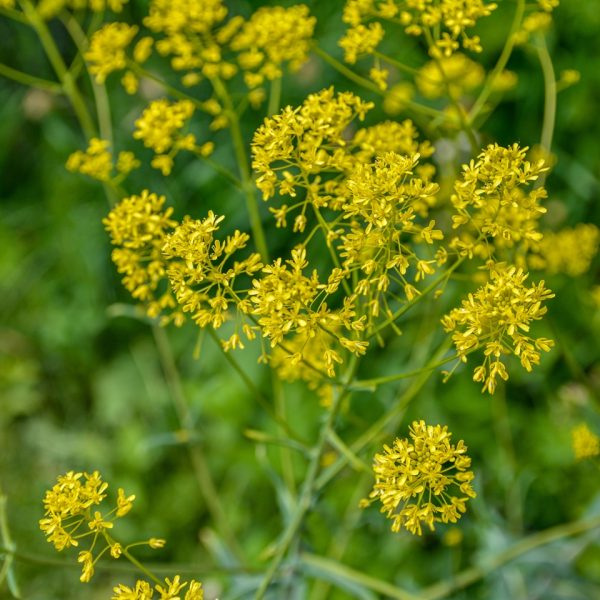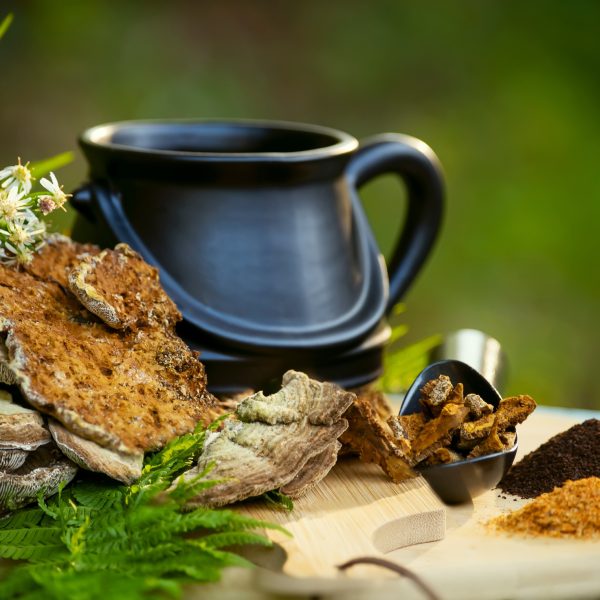Medicinal fungi can be incorporated into delicious meals for all of the family. Enjoy this tasty shiitake mushroom soup recipe.

One of the wonderful things about medicinal plants and fungi is that they can be incorporated into our diet, and can really enrich our health. Delicious food can be both nourishing and enjoyable, and this article shares with you a simple mushroom broth recipe you can enjoy at home with some of the benefits of the ingredients shared below.
Level of difficulty: Easy (and freezer friendly)
Time to make: 5 mins (prep time), 20 – 25 mins cooking time
Ingredients
- 3 strips small kombu
- 2 sage leafs
- 2 dried shiitake mushrooms
- 1⁄4 tsp sesame oil
- 1.5l water
- 1 tsp tamari
- 1 clove of garlic
- 1 tsp ginger, grated
- Pinch of pepper
Method
- Soak the shiitake mushroom in 1.5l of water for at least an hour or until the inside is fully rehydrated.
- Keep the soaking water for cooking. Add tamari and a pinch of pepper. Stir well.
- In a pot, add the shiitake water the shiitake was soaked in, kombu, shiitake mushrooms, grated garlic and ginger.
- Turn the heat on high and bring to a boil, then turn down the heat to simmer for about 20 mins.
- Slice the kombu thinly into strips when it is soft and cooked through, then put it back in the soup.
- Turn the heat off.
- Finely slice the sage leaves into small strips and add them on top of the soup as a garnish.
- Let it infuse for 10 minutes.
- Serve.
Medicinal benefits of the ingredients
Kombu

Kombu is a Japanese staple food and is an edible kelp found in the sea forest. It is commonly found in Asian food shops and now health food shops. Kombu absorbs a vast amount of nutrients and minerals from the sea, making it a powerful health-promoting superfood.
It is very rich in iodine, which is crucial for healthy thyroid function as iodine is a key ingredient for thyroid hormone synthesis. The thyroid can become dysregulated after chronic stress, so iodine-rich foods may be helpful for many.
It is also rich in iron, which is crucial for the production of haemoglobin which makes up the blood and binds to oxygen so it can be carried around the body. Other minerals it is rich in include calcium, potassium, selenium, copper, magnesium, manganese, vanadium, zinc, phosphorous and molybdenum. These minerals are vital for the nervous system and to build and sustain healthy tissues across the body.
Shiitake
Shiitake has been shown to give effective support for the immune system, having immunomodulatory effects as well as antimicrobial and antiviral compounds. These mushrooms have high levels of B vitamins and vitamins D2, D3 and D4 and levels. In fact, the amount of D vitamins increases if the mushrooms are left in the sun before cooking. Fascinatingly, given the right UV rays they can create more healing compounds. The compound eritadenin found in shiitake has been shown to lower cholesterol and lipid levels (1).
Sage
Sage is a wonderful herb to support nervous and digestive conditions. It supports the brain and is known as a nootropic herb, in part because it encourages blood flow to the brain. It is deeply nourishing for the nervous system and is sometimes used to improve one’s focus, mood and to lower anxiety. It is a nervine herb meaning it nourishes the nervous system, which is largely responsible for our mood, memory and emotions.
Sesame oil
Sesame oil is made up of mostly unsaturated fats and polyunsaturated fats which are a type of heart-healthy fatty acids that support heart health. It is full of antioxidants like sesaminol and sesamol which protect cells from free radical damage. Plus, healthy fats are vital for healthy hormone formation.

Garlic
Garlic is an invaluable ingredient for gut health as it acts as a prebiotic and increases gut microbe diversity, which is key for health. It has a multitude of benefits on the cardiovascular system and is used by herbalists for high blood pressure, atherosclerosis and for improving microcirculation. A fascinating study also showed that garlic is helpful for cardiovascular health as it balances cholesterol.
Garlic is a great supportive herb for general health, especially across the immune, respiratory, digestive and cardiovascular systems.
Ginger
Ginger is a delightfully warming herb which is a great ingredient to incorporate in chilly autumn and winter months. It improves circulation, which helps the delivery of nutrients to tissues and supports the removal of toxins. Sometimes debility and exhaustion are exacerbated by poor circulation so ginger can support this if inadequate blood flow is part of the issue. It supports the digestive system by gently increasing digestive secretions to break down food and also helps clear phlegm and mucous if one has a cold.
References
Enman J. Production and quantification of eritadenine, a cholesterol-reducing compound in shiitake (Lentinus edodes). DIVA. Published 2007. https://www.diva-portal.org/smash/record.jsf?pid=diva2%3A989937&dswid=7070
































